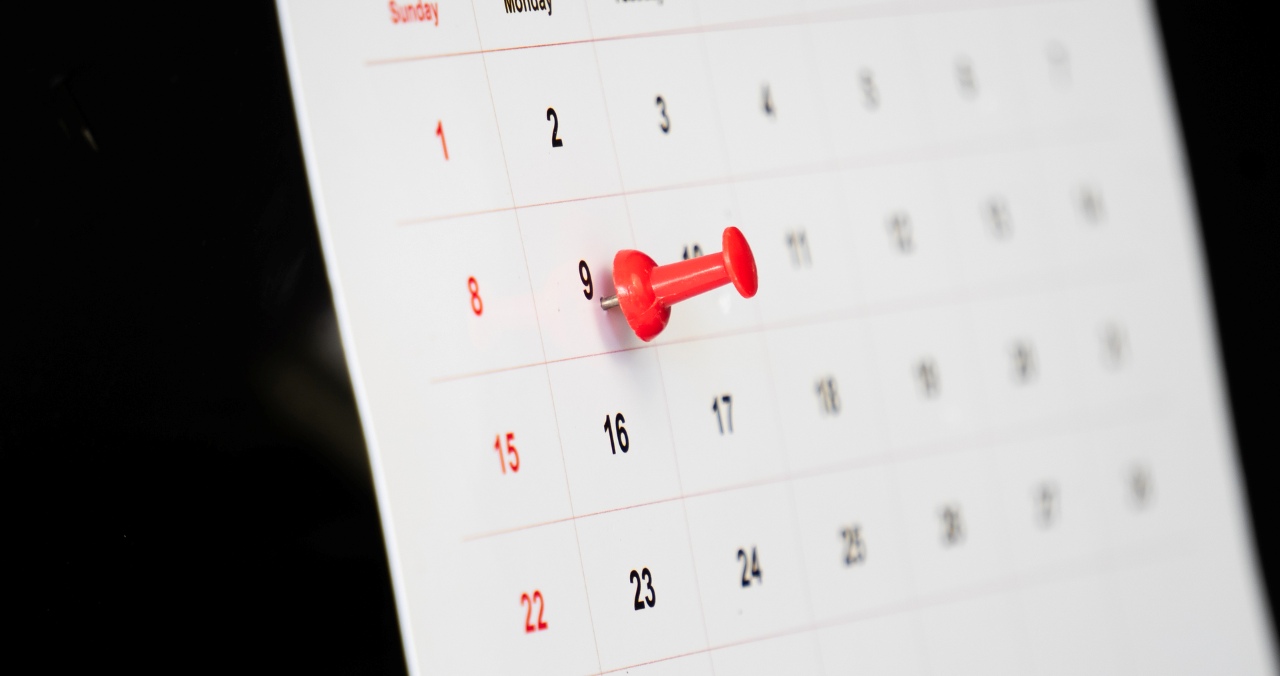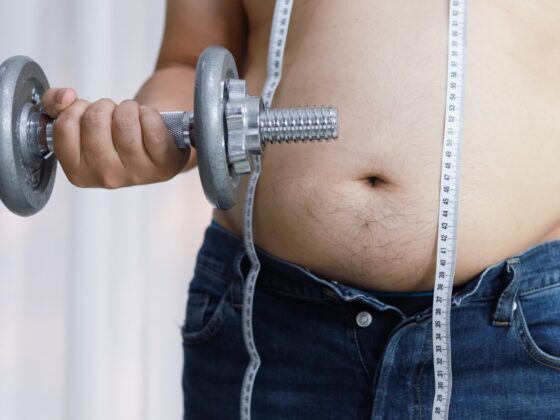When it comes to sex, pleasure might be spontaneous – but pregnancy prevention? Not so much. Whether you’re not ready for kids, actively avoiding parenthood, or just want to be smarter about your body, understanding the best time to have sex without getting pregnant is crucial.
And no, we’re not here to fearmonger or shame. This isn’t about scaring you into abstinence or pretending one broken condom is the end of the world. It’s about knowledge – and how understanding the way your body works can give you way more control over your sex life.
The Basics: How Pregnancy Actually Happens
Before we dive into timing, let’s quickly refresh the biology.
Pregnancy happens when a viable sperm meets a viable egg – typically in the fallopian tube. Simple, right? Well, kind of. Here’s what matters:
- The egg is only viable for about 12 to 24 hours after ovulation.
- Sperm, however, can live inside the female reproductive tract for up to five days.
- That means your fertile window is not just the day of ovulation, but the 5–6 days leading up to it.
So even if you’re not actively ovulating when you have sex, sperm can hang out, kick back, and wait around until the egg shows up.
So… When’s the “Safe” Time?
If you’re trying to avoid pregnancy naturally, your “safer” times are:
1. The First Few Days of Your Cycle (Days 1–7)
This is when you’re on your period or just finished. Ovulation hasn’t started yet. Sperm might still live a few days, but there’s no egg in sight.
Risk? Low – but not zero. Why? Because cycles vary, ovulation can shift, and early ovulation (yes, it happens) can mess with your timing.
2. The Luteal Phase (Post-Ovulation, Days 20–28)
This is after the egg’s been released and has either been fertilised or dissolved. No egg = no pregnancy.
Risk? Lower – but again, only if you’re sure you already ovulated. If your cycle is irregular or longer than 28 days, your “safe” zone might move.
3. Ovulation and the 5 Days Before It = Most Fertile Window
If your goal is not to get pregnant, these are the days to either abstain, use protection, or be extra cautious. For most people, this is roughly Day 10–16 – but don’t rely on averages.
Tracking Your Cycle
If you’re serious about avoiding pregnancy without relying on hormonal birth control or barrier methods, you need to know your cycle inside and out.
Here’s how to track it effectively:
- Basal Body Temperature (BBT): Take your temperature every morning before moving. You’ll notice a slight rise (around 0.5°F) after ovulation.
- Cervical Mucus: Around ovulation, it becomes clear, stretchy, and egg-white-like – a sign you’re fertile.
- Ovulation Predictor Kits (OPKs): These test your urine for the LH surge that triggers ovulation. They’re like pregnancy tests, but for predicting when the egg drops.
- Cycle Apps: Clue, Flo, Natural Cycles – useful tools, but don’t treat them as foolproof. Use them alongside other methods.
The more data you collect, the better your timing – and the lower your risk.
Natural Birth Control: Pros and Cons
Fertility Awareness Method (FAM)
Pros: hormone-free, cost-effective, empowering
Cons: requires consistency, not great for irregular cycles, no STI protection
Withdrawal (aka Pulling Out)
Pros: better than nothing, improves with practice
Cons: not foolproof, pre-ejaculate can still contain sperm, requires serious control
Rhythm Method (Calendar Tracking)
Pros: simple
Cons: outdated, risky for anyone not clockwork regular – which is most people
Bottom line: natural methods can work, but only when used consistently and with full understanding of how your cycle behaves.
What About Having Sex on Your Period?
Common belief says you can’t get pregnant during your period. Not quite true.
While it’s less likely, it’s not impossible – especially if you have a shorter cycle (like 21–24 days). If you ovulate early and sperm from period sex survive a few days, pregnancy can happen.
So yes, period sex can be fun, messy, and liberating – but don’t treat it like built-in contraception unless you’re fully cycle-aware or using backup protection.
Myths to Ignore Immediately
❌ “You can’t get pregnant if you don’t orgasm.”
False. Pregnancy is about sperm and egg – not orgasms. Nice try, though.
❌ “The pull-out method is reliable if he’s good at it.”
False. Pre-cum can contain sperm, and timing withdrawal perfectly is harder than you think.
❌ “Birth control is worse for your body than pregnancy.”
Nope. Modern contraception is far safer than an unplanned pregnancy – physically, mentally, financially.
❌ “If you pee right after sex, you won’t get pregnant.”
That’s not how anatomy works. At all. Peeing after sex is great for preventing UTIs, not babies.
What Do Doctors Think?

When you’re trying to time sex to avoid pregnancy, doctors all say the same: timing alone isn’t a guarantee – but understanding your fertility window can empower smarter choices.
Dr. Jenna Flanagan, assistant professor of obstetrics and gynecology at the University of Utah (quoted via Flo), points out that “there is not a truly fail‑safe time to have unprotected sex and completely avoid getting pregnant.” She explains that sperm can survive up to five days, and ovulation timing can vary – meaning that any so-called “safe days” are unreliable unless paired with backup methods like condoms or hormonal birth control
And when it comes to ACOG standards, you’re highly advised to not use timing as your only contraceptive method: the standard days method marks days 8–19 of a typical 26 to 32‑day cycle as fertile, and advises avoiding unprotected sex during that window.
How to Lower Risk Without Killing the Mood
If you’re not ready for parenthood but also don’t want to treat every sexual encounter like a tactical mission, here’s what actually works:
✅ Combine Methods
Pull out + track your cycle. Condom + spermicide. Avoid your fertile window + use lube that doesn’t kill sperm.
✅ Communicate Like Adults
“I’m not on the pill” is not a vibe-killer – it’s essential info. Have the convo before clothes come off.
✅ Keep Emergency Contraception in Mind
Plan B, ella – they’re not regular methods, but they’re there when things don’t go to plan. The sooner you take them, the better they work.
Who Should Not Rely on Timing Alone
- If your cycle is irregular
- If you’ve just come off hormonal birth control
- If you’re under 25 and not tracking religiously
- If an unplanned pregnancy would be life-altering
- If you’re not in full control of when and how sex happens
Timing methods require dedication, consistency, and the kind of honesty that not everyone brings to the table in the heat of the moment.
Real Talk: If You Really Don’t Want to Get Pregnant…
- Use protection.
- Track your cycle.
- Use more than one method.
- And have a backup plan in case something goes sideways.
Condoms, diaphragms, the pill, the IUD – they all have pros and cons. You don’t need to love them. You just need to pick the one that works for your body, your brain, and your life.
And if your confidence or performance is part of the equation? Whether you want to increase your penis size naturally or simply last longer in bed, view detailed user experiences here – because physical control and pleasure should go hand in hand.
Final Thoughts
No method of birth control is 100% effective – not even sterilisation. But understanding your fertile window? It’s a smart, empowering foundation for anyone who wants to enjoy sex without an unexpected plus sign on a stick.
Whether you’re all in on natural family planning or just want to avoid pregnancy without popping pills, timing can be a game-changer – but only when it’s informed, consistent, and honest.










